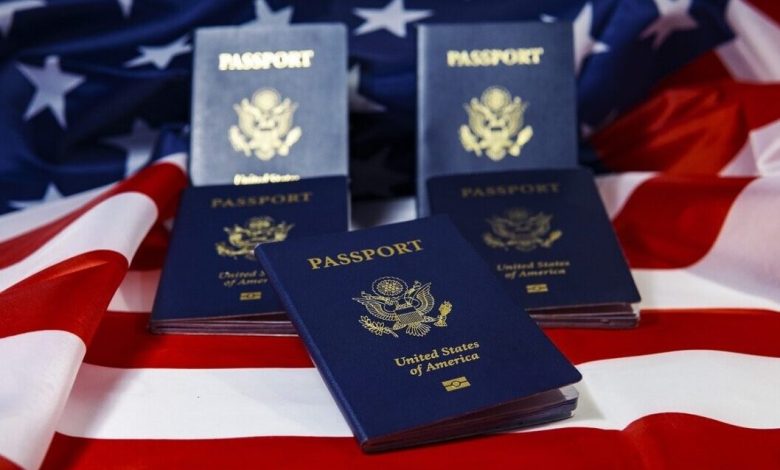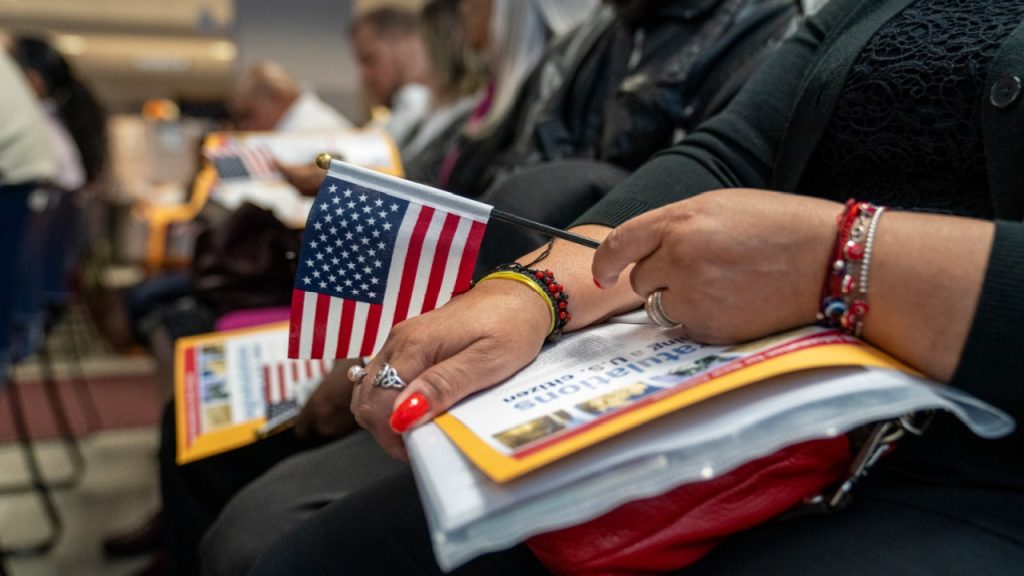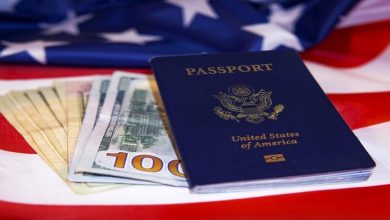U.S. Passport Falls to 12th Place in Global Ranking Amid Growing Travel Restrictions
Henley Index shows American passport slipping behind Asian and European leaders as global mobility patterns shift.

The American passport has dropped to 12th place globally in the latest “Henley Passport Index,” according to new data released by the London-based firm Henley & Partners, which specializes in migration and investment consulting.
The index, which relies on data from the International Air Transport Association (IATA), shows that U.S. passport holders can travel to 180 destinations without a prior visa or with a visa on arrival. This places the American passport behind several Asian and European countries — now on par with Malaysia.
This decline comes after the U.S. passport ranked among the world’s top 10 in July, when it shared the 10th place with Iceland and Lithuania. However, both countries have now surpassed the U.S. in the most recent update.
Singapore tops the global ranking, allowing visa-free access to 193 countries, followed by South Korea (190) and Japan (189). Germany, Italy, Spain, and Switzerland share the fourth place with access to 188 countries. Canada ranked ninth, while the United Kingdom climbed to eighth, offering visa-free entry to 184 destinations.
The Henley Passport Index covers 199 passports and 227 global destinations, updated monthly based on data from international airlines. The index is often viewed as a measure of a nation’s “soft power” — its global openness and diplomatic acceptance.
Christian Kälin, Chairman of Henley & Partners, stated:“The decline in the strength of the U.S. passport is not just about numbers — it reflects a deeper shift in global mobility dynamics. Nations embracing openness and cooperation are advancing, while those relying on past privileges are falling behind.”

Annie Borzheimer, a researcher at the Center for Strategic and International Studies in Washington, added that:“America’s growing isolationist mindset is beginning to affect its international standing. Restrictive immigration policies may prompt reciprocal measures from other nations against U.S. citizens.”
In June, former President Donald Trump announced an almost total ban on entry for citizens of 12 countries, along with partial restrictions on seven others — a move that sparked widespread legal and political debate.
Observers warn that if such policies continue, the U.S. passport could fall even further in upcoming rankings, as more countries consider imposing reciprocal travel restrictions.
Despite this drop, the U.S. passport remains one of the strongest in the world, far ahead of passports like Afghanistan’s, which grants visa-free access to only 24 countries, making it the weakest globally.



